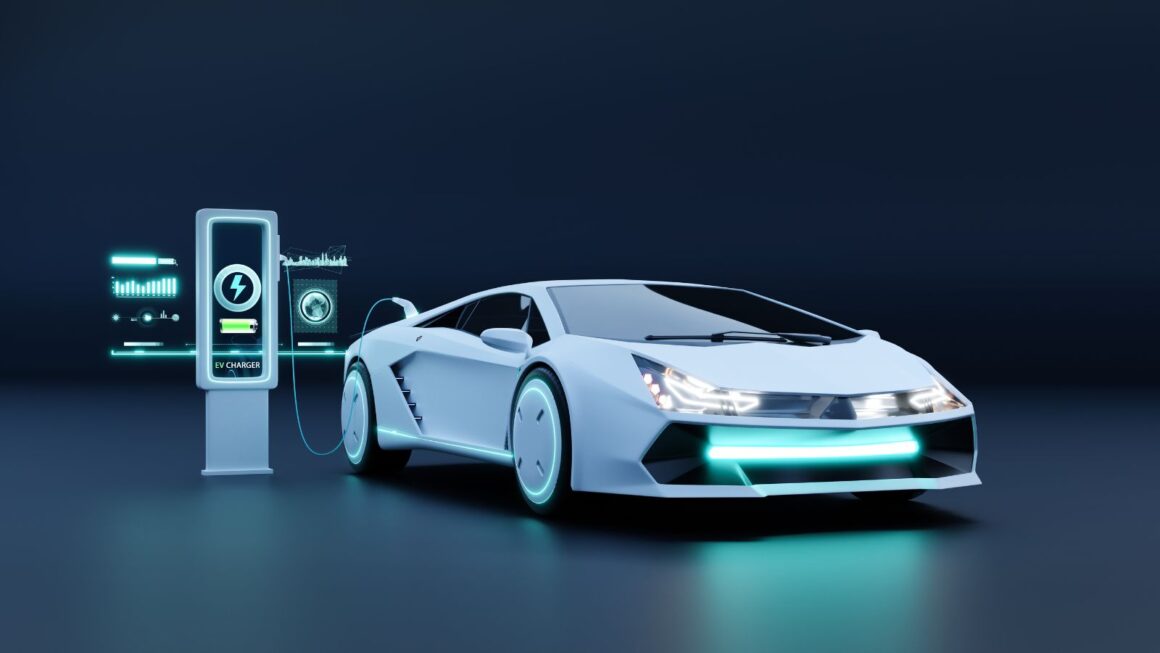As electric vehicles (EVs) transition from niche to mainstream, the industry is experiencing explosive growth fuelled by remarkable technological innovations and a shifting global mindset towards sustainability.
Automakers are already centrally managing in-vehicle network technology to monitor, configure, and troubleshoot issues at any time, including post-production.
This article explores the latest trends, as well as predictions on how these advancements could shape the future landscape of transportation.
Join us to explore why the EV revolution is more than just a trend—it’s the future of driving.
Trends in the Electric Vehicle Industry
The EV market is evolving rapidly, driven by a combination of technological advancements and shifts in consumer preferences.
Here are the key trends that are currently shaping the industry:
- Widespread Adoption of Charging Apps: A car charger app is becoming an essential tool for owners, offering features like real-time availability, scheduling sessions, and managing payment options. These apps are not only enhancing the user experience but also encouraging wider adoption of EVs by making powering up more accessible and convenient.
- In-vehicle network advancements are becoming increasingly significant with the continuous evolution of electric vehicles (EVs). Innovations in EV battery technology are significantly improving both the range and the charging speed. Developments in solid-state batteries, for instance, promise safer, faster-charging, and more energy-dense options than traditional lithium-ion batteries, potentially revolutionising EV efficiency.
- Growth of Charging Infrastructure: As more cars and scooters hit the roads, there’s an accelerating push to expand the EV infrastructure. Governments and private companies are investing in the development of more widespread and faster stations to meet increasing demand and alleviate range anxiety among users.
- Integration of Renewable Energy: There is an increasing trend to integrate renewable energy sources with vehicles systems. This integration is not only making EVs greener but is also reducing the strain on the electrical grid, paving the way for a more sustainable transportation ecosystem.

- Smart Mobility Solutions: The integration of IoT and AI technologies into the EV ecosystem is leading to smarter mobility solutions. These technologies enable features like predictive maintenance, battery health monitoring, and even autonomous driving capabilities, making them smarter and more connected.
- Policy and Regulatory Support: Many governments around the world are offering incentives for EV buyers, such as tax reductions, grants, and subsidies, as well as investing in infrastructure development. Additionally, stringent emissions regulations are pushing automakers to increase their offerings of car models.
Predictions: What the Future Holds for the EV Industry
As we look ahead, the industry is poised for unprecedented growth, driven by both technological advancements and shifting consumer preferences.
Here are a few predictions:
- Integration of AI and IoT: Future EVs are expected to leverage artificial intelligence (AI) and the Internet of Things (IoT) to offer smarter, more predictive solutions. This could mean automated recommendations based on user behaviour or real-time electricity pricing.
- Governmental Support: With an urgent need to address climate change, governments worldwide are likely to intensify their support for the market through incentives, subsidies, and more stringent environmental regulations. This governmental push is expected to significantly drive the adoption of EVs in the next decade.
- Battery Technology Breakthroughs: Advancements in battery technology will continue to lower costs and improve efficiency. Anticipate breakthroughs that extend the driving range and reduce charging times, making EVs competitive with, if not superior to, traditional combustion engines.
Final Thoughts
The EV industry stands at the cusp of a major shift, with trends and predictions pointing towards a cleaner, more efficient, and technologically advanced future.

As the industry continues to innovate and expand, advancements in battery technology, expanded charging infrastructure, and smarter car systems will play an important role in shaping a user-friendly ecosystem. Moreover, with continued investment and consumer interest, the future looks not only promising but also indispensable in our journey towards sustainable transportation.

